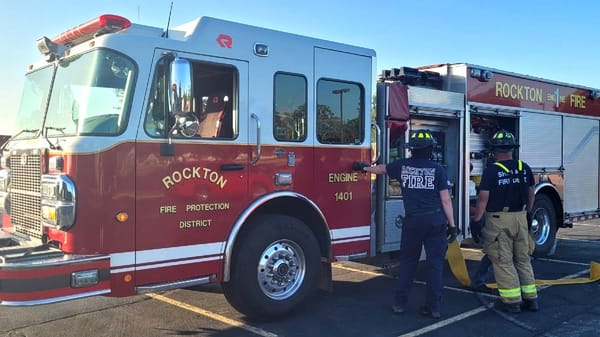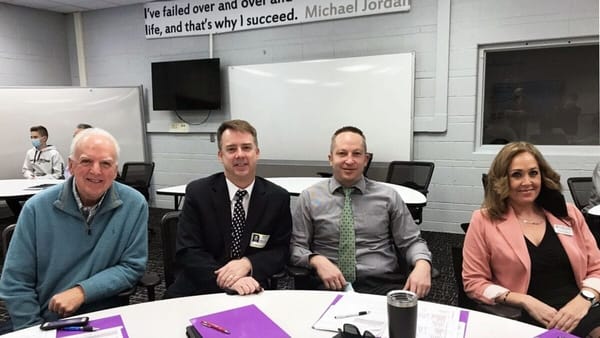Addiction: remove the hurt and offer help
It takes more than just walking away to stop an addiction.

Addiction: I am guessing you had a substance or action that popped into your head as you read that word. I would like to ask you to take a moment and think about that word and what it means. What does it may bring to someone’s life or to a relationship?
According to the Merriam-Webster dictionary, addiction is defined as a compulsive, chronic, physiological or psychological need for a habit-forming substance, behavior, or activity having harmful physical, psychological, or social effects and typically causing well-defined symptoms (such as anxiety, irritability, tremors, or nausea) upon withdrawal or abstinence : the state of being addicted
That definition is true, but I will give you another definition that takes it just a step further. The American Society of Addiction Medicine (ASAM), states Addiction is a treatable, chronic medical disease involving complex interactions among brain circuits, genetics, the environment, and an individual’s life experiences.
Most people define addiction as a period when someone is completely absent of morals and that they could just decide to not do what they are doing. If you look at the second definition provided above, addiction (no matter the substance, behavior, or activity) is not something that one chooses. Most of the time it cannot end by just deciding to stop the addiction. Ending an addiction takes treatments (often called recovery) to;
- end the physical withdrawals,
- change how the brain reacts to stimuli, and
- address the history that fed into the addiction.
In this article, I will discuss one specific addiction and the stigmas that come with it. The addiction I am referring to is drugs and alcohol, both legal and illegal substances. Is this the addiction that first came to your mind at the beginning of this article? You are not alone if it was. If someone does have a drug &/or alcohol addiction, it is prejudiced, cruel, and frankly ignorant to look at them as less valuable than someone else.
Unfortunately, most people hold stigmas against those who have addictions. People want to put timelines and limits on someone who is struggling with drug and/or alcohol use. Some people ask, “Why do you keep giving the addict Narcan to bring them out of an overdose? Haven't they had enough chances?”
Well, would you stop giving glucose tablets or insulin to the Type 2 diabetic to bring them out of a diabetic hypoglycemic episode? After all, they keep eating junk food even when they know it is bad for them. Would you stop giving oxygen to the cigarette smoker because they have lung disease? After all, they kept buying tobacco products even though there was a warning on the package. Would you refuse to give CPR to someone with heart disease caused by an unhealthy lifestyle? After all, they should have exercised more and taken better care of themselves.
The only difference between each of these scenarios is the substance or actions that caused the need for a life saving measure. It doesn't matter if you are addicted to food, cigarettes, gambling, sex or drugs, the brain changes when you have an addiction. It takes more than a decision to recover from the addiction. Yes, it starts with a decision but if you only rely on your self-control to stop, odds are you won't.
Would you put a number on your own life or your child's life? How many times is too many? Wouldn't you want the ability to finally make a change in your life? If the answer is yes, then what if youweren't given that life saving measure because someone decided that you were not worth the effort or had too many chances already?
I want to plead that we need to replace stigmas with support. We need to remove the hurt and offer help to our neighbors, co-workers, friends, loved ones and strangers. We are all human, breathing the same air! We need to try relating with someone instead of berating them.
If you or someone you know is struggling with a drug or alcohol addiction, help can be found at Illinois Helpline by calling 833-234-6343 or texting “HELP” to 833234 or SAMHSA’s National Helpline, a free, confidential, 24/7, 365-day-a-year treatment referral and information- service (in English and Spanish) for individuals and families facing substance use disorders, 1-800-662-HELP.
Bev Pomering is founder and executive director of the Live R.E.A.L. Foundation. Bev is a lifelong resident of the IL/WI stateline area.




